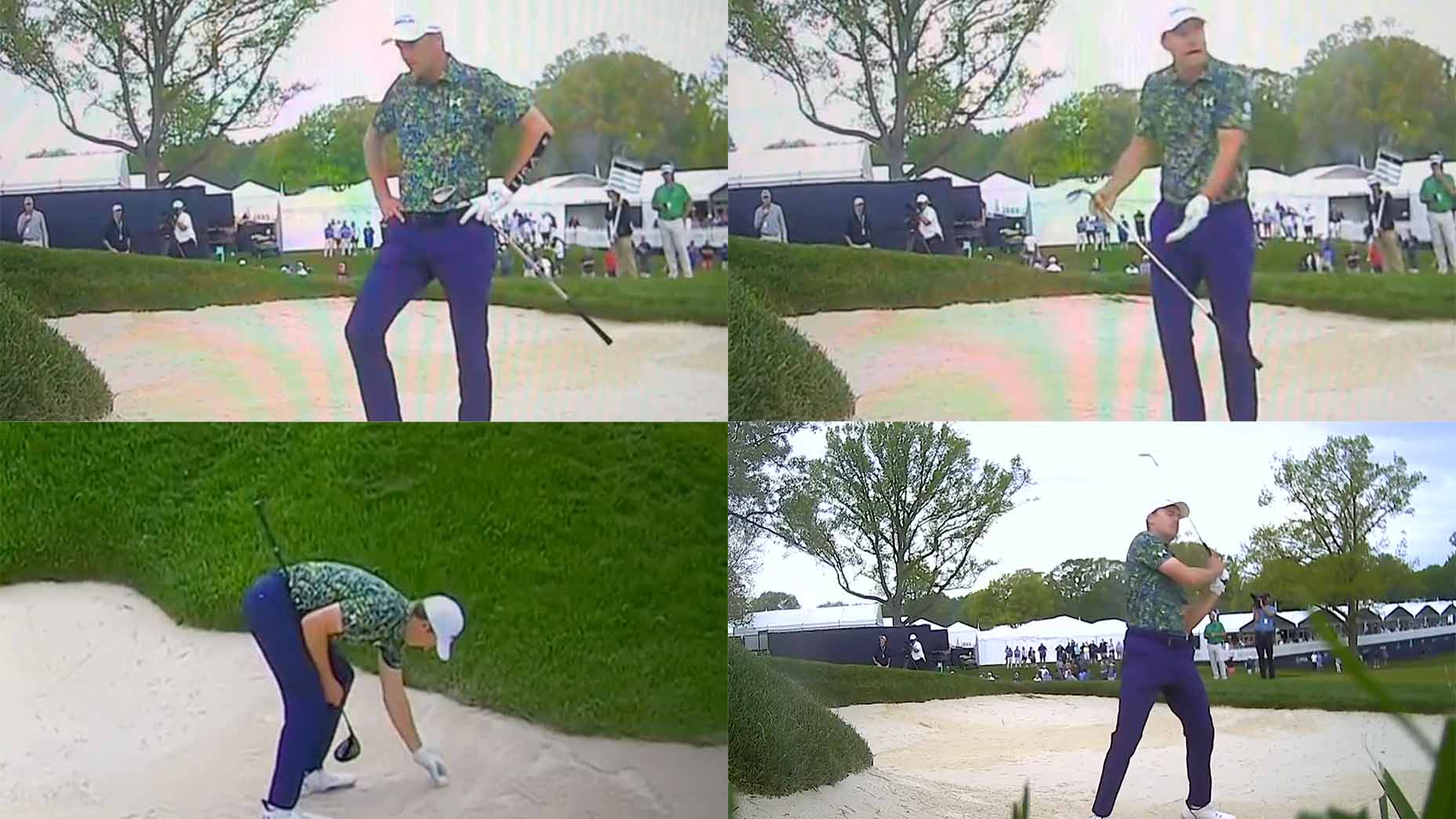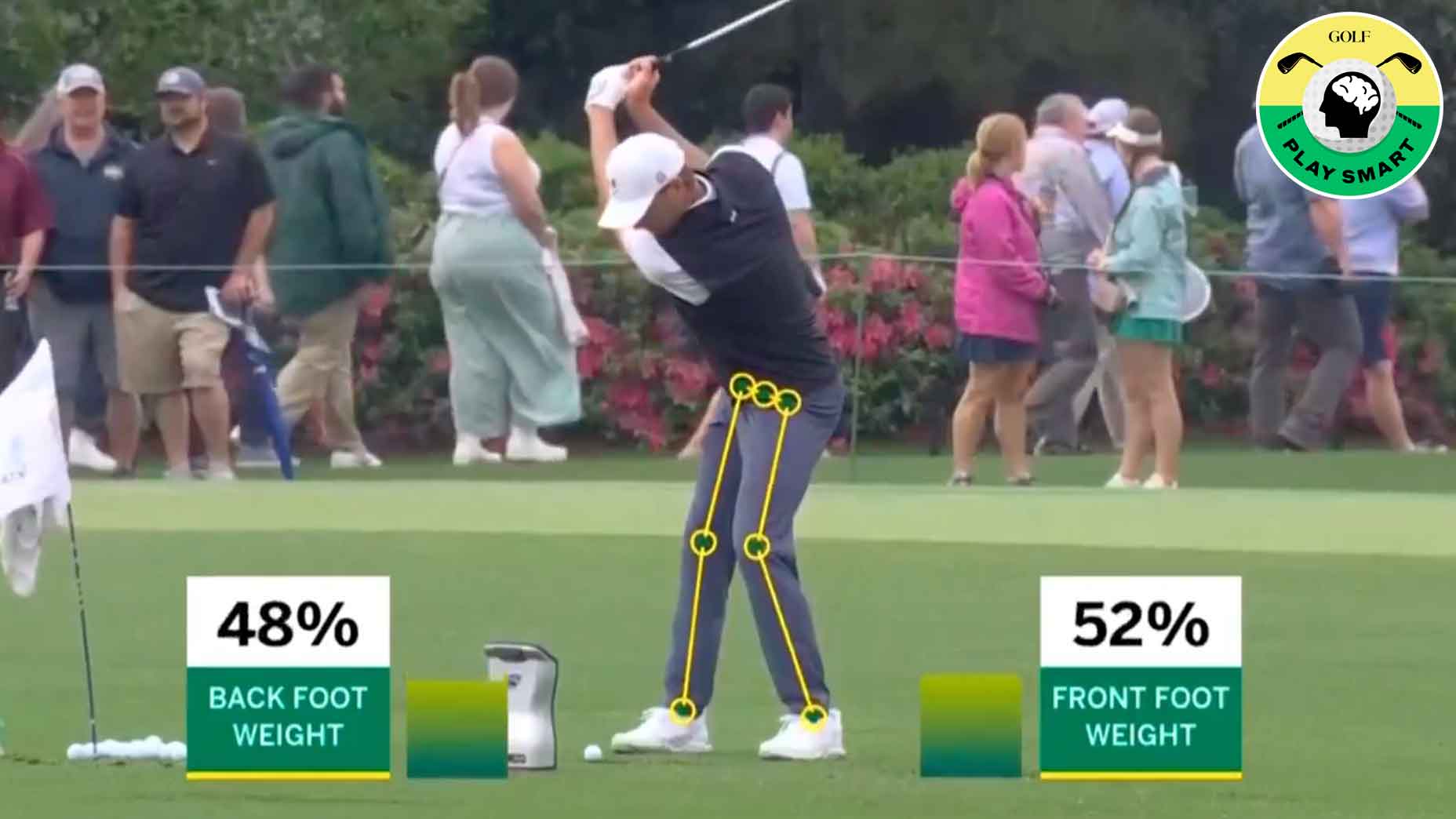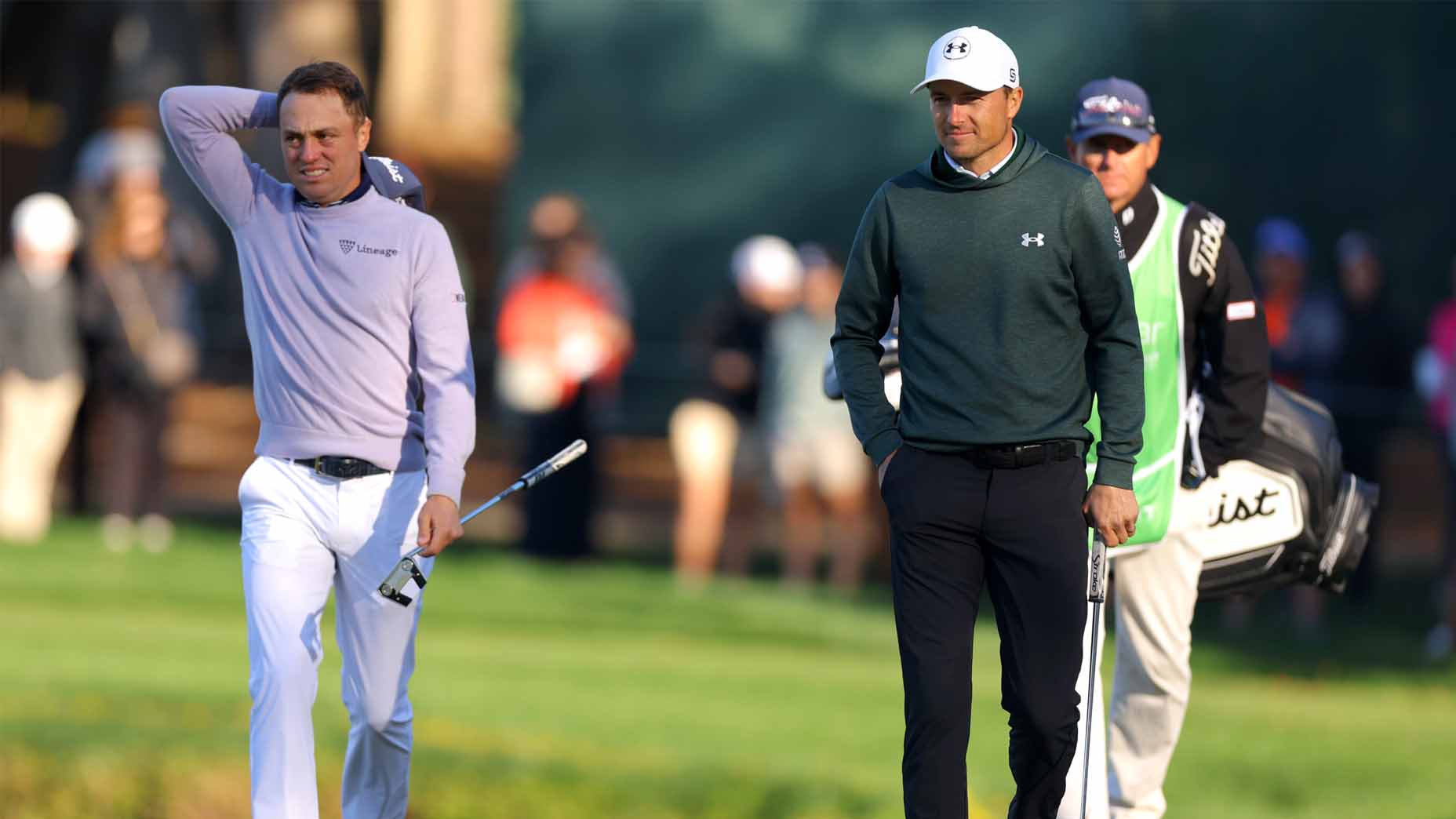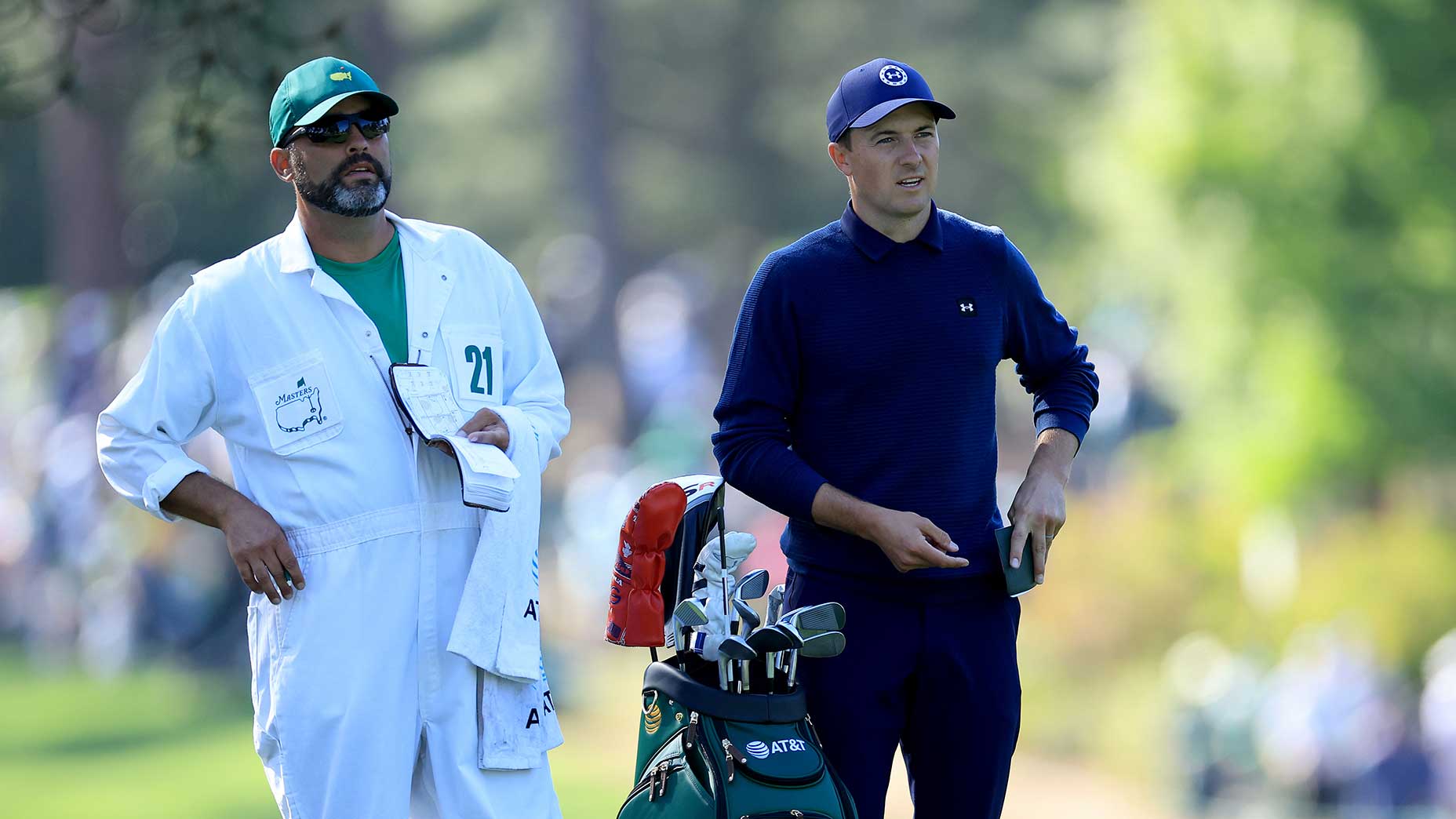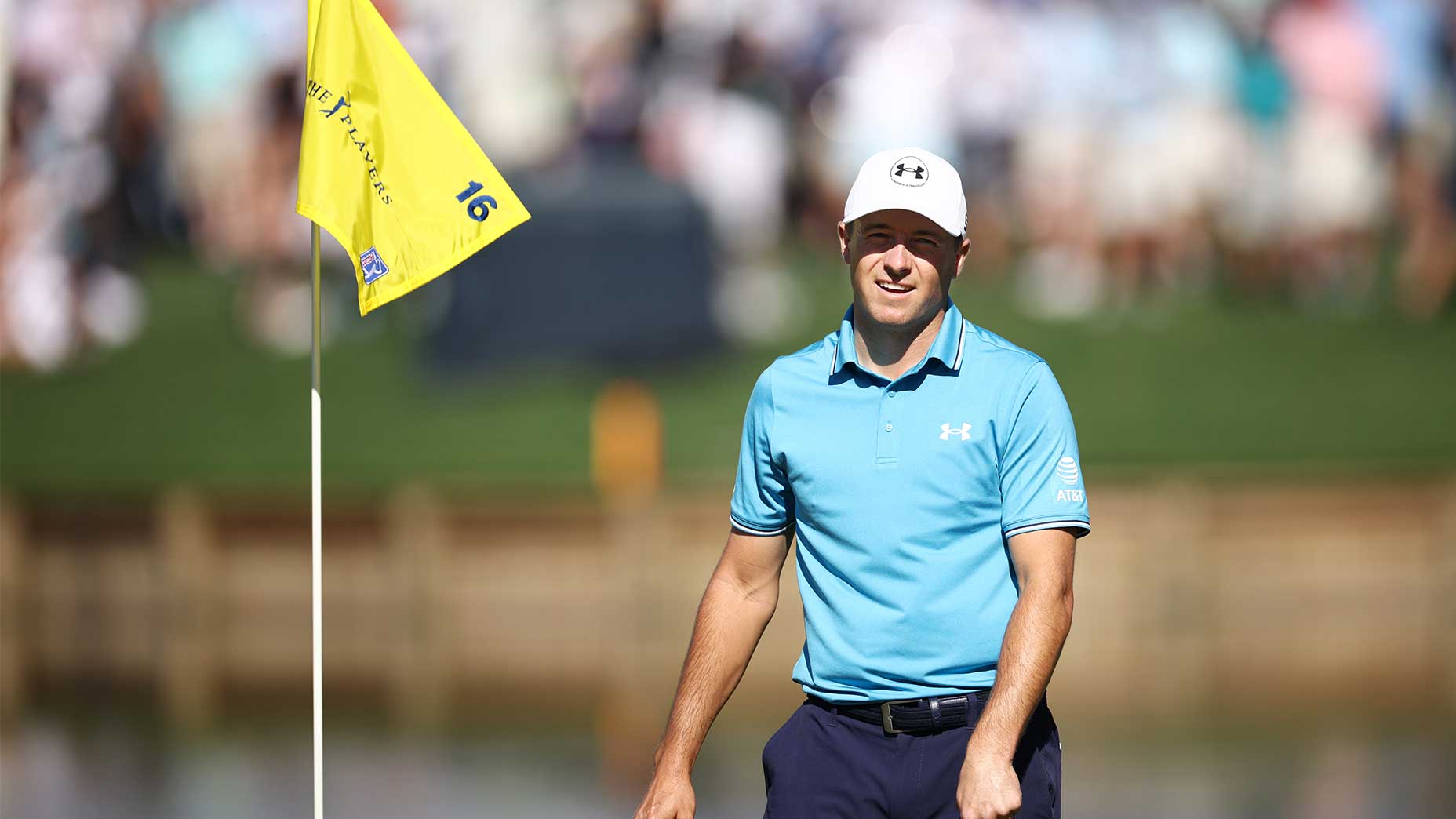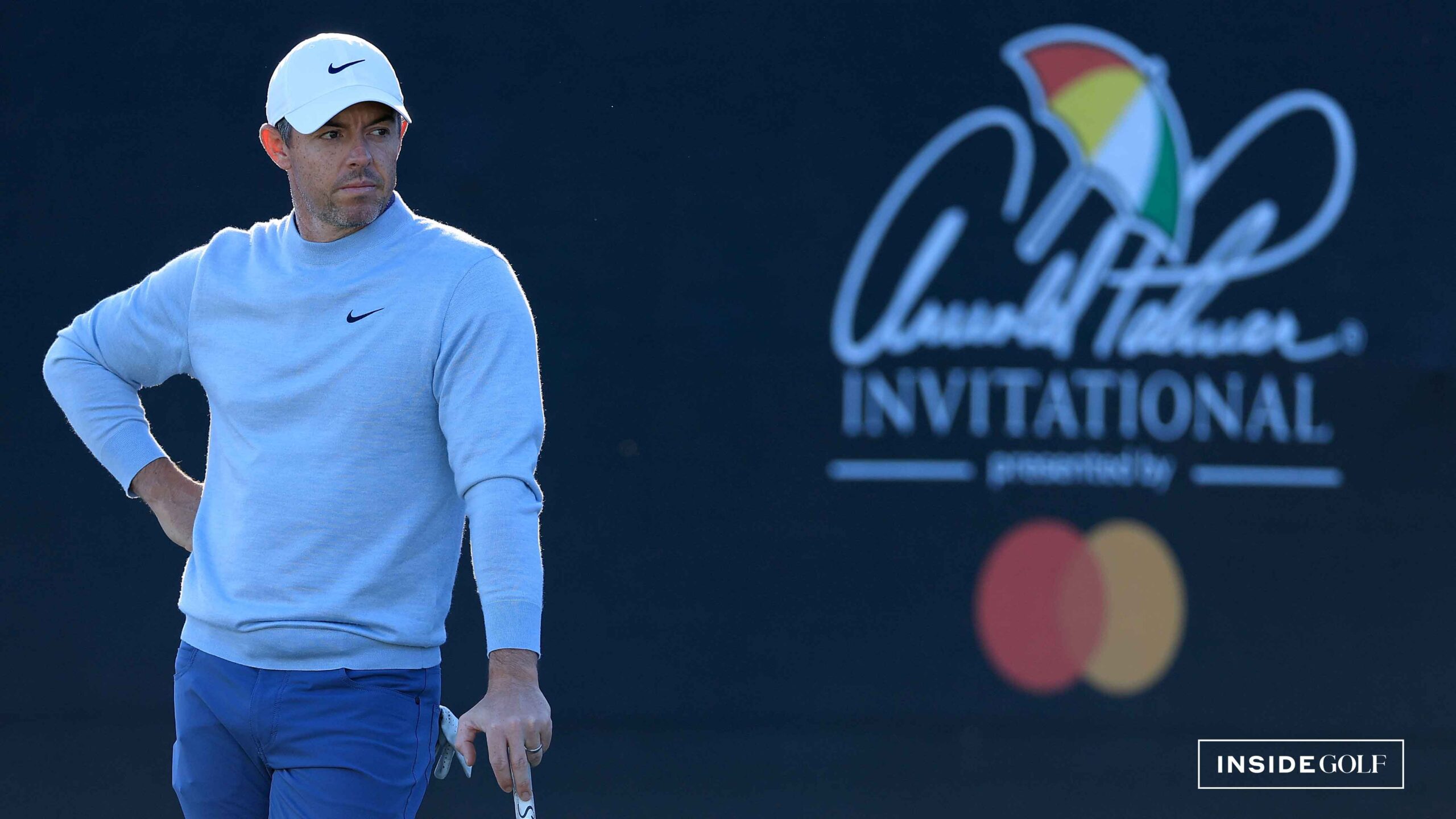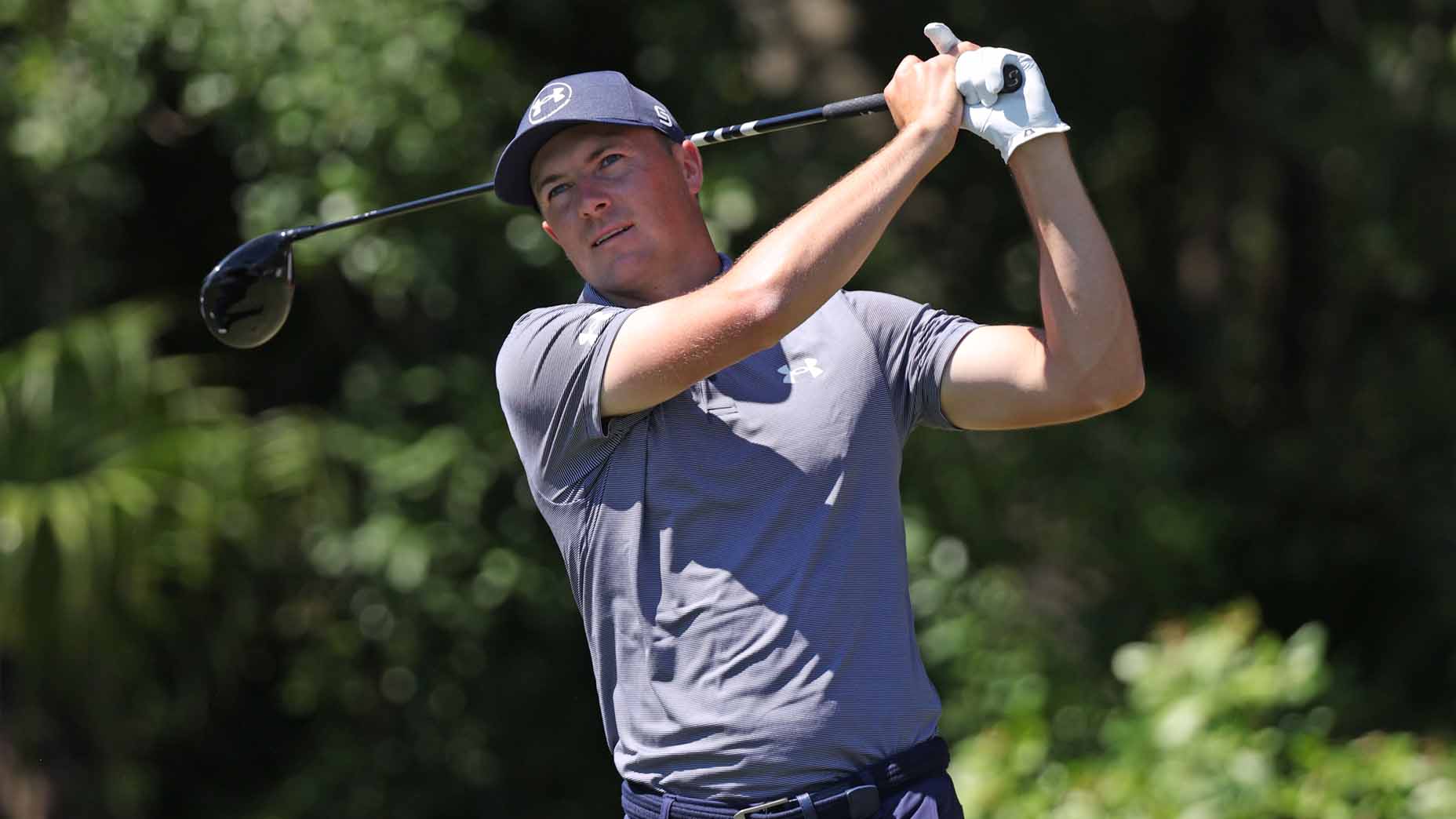‘Hurt me for a while’: Jordan Spieth is worried about 1 piece of technology
- Share on Facebook
- Share on Twitter
- Share by Email
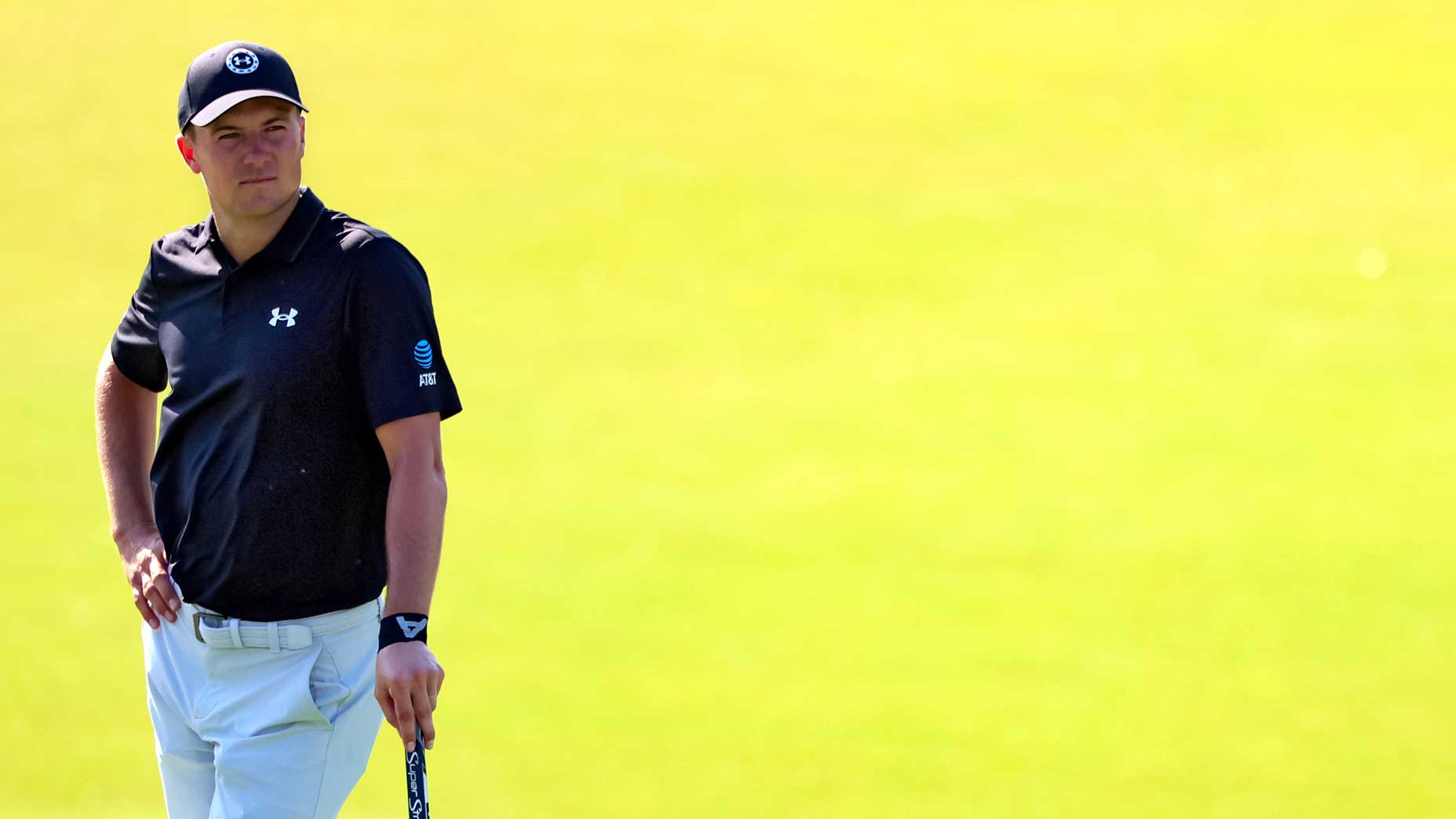
Jordan Spieth on Thursday on the 18th green at Muirfield Village.
Getty Images
Jordan Spieth nearly pauses when he says it. Because it does at least sound a little strange.
“I can’t stand a flat lie with no wind to a middle pin,” he says.
“I just don’t see it. Like, if you tell me that right now, I don’t know; what’s the number? I don’t know what shot I’d hit.”
Odd, right? Maybe a little funny? Who among us wouldn’t mind that position described above? And yet, the statement makes sense, at least given the speaker.
Golf calls for virtuosity. You swing the club. But you hit shots. Which brings us to a conversation this week between Spieth and Smylie Kaufman on the latter’s podcast, The Smylie Show. It started with creativity. But it ended with a warning.
For background, just know that Spieth paints with broad strokes. (See this story’s second paragraph.) And that Spieth started his career with a bang, then fizzled, only to recently find his form again.
“To me, what I’ve noticed as I watch you now is that you’re really starting to play creative,” Kaufman said on the podcast. “And to me, when you’re playing creative, you’re playing your best golf. You play golf as an artist — you see shots; you see windows. It’s why you’re so good out of the trees is because it shapes the window that you have to see. And when you’re playing poorly, it’s very difficult to play creative. And honestly if you do try to play creative, you play too creative — you try to turn it too much, where you should be more simple and hitting just one shot. But it doesn’t work that way for a creative mind like yours.
“Did you kind of fight that as far as curvature of the golf ball and hitting it straight and what shot you should be playing when you were struggling?”
Jordan Spieth dumps opening PGA shot into toilets, swears, internet meltsBy: Nick Piastowski
“I think the easiest way to say this is, I tried to make swings instead of hit shots, and I think that’s what you’re saying,” Spieth said. “You try and make swings, there’s a lot of guys who try to make swings and they make a nice career out of it. But, I mean, look at Jon Rahm and Scottie Scheffler, look at how different their action is. And even Rory [McIlroy] is so different from both of them. They’re hitting shots. They’re playing golf. They’re not making swings. And regardless of the rehearsals — Jon Rahm is the best example. I can’t remember ever seeing him work on something even in a rehearsal. … He hasn’t needed to. And it’s a beautiful place to be and play from and I’ve been there and you don’t know any different, so it’s a luxury.”
At about this point on the podcast, Spieth noted the almost-too-tranquil lie. Kaufman added that it’s like an uphill straight putt.
“Yeah, I mean, technically a downhill straight putt’s easier — gravity brings it back into the line,” Spieth said on the podcast. “It’s kind of the same deal. Like even on an uphill straight putt, I like to even think, oh yeah, it will probably kick a little left, then a little right and then I can commit; like, OK, it will double-break, even though it’s going to be dead straight. I don’t know, maybe growing up in Texas in the wind and stuff, you just never really have the opportunity to hit a dome shot, a straight shot.
“The goal is to hit shots and not make swings.”
Now back to that warning. Spieth’s worried.
Jordan Spieth bladed a bunker shot O.B. Then things got really funBy: Josh Berhow
Remember, he’s a man who doesn’t paint within the lines.
And maybe technology could take his brush. We’ll end things with his word of caution, and a tip. Is he right? Again, to each his own, but you can’t argue his references.
“And that’s the one thing I will say that this increase in technology that I think hurt me for a while — technology in the game of golf does so much good,” Spieth said on the podcast, “but I worry about it a little bit for the next generation because I didn’t video one golf swing until I was 23 years old, and I think there’s 7-, 8-, 9, 10-year-olds that are dissecting. It’s fine for an instructor to do it. But I don’t think it’s a good option for kids to be doing that because everyone’s got their natural move. Look at the three guys I just mentioned. If they went and tried to swing a certain way at a young age, who knows if they’d be where they are now.
“It’s got to be done the right way with the right instructor and at the right time. It’s certainly good to know why you do what you do well, but I think everyone has a certain balance of what’s most beneficial for them as far as using technology.”
Editor’s note: To listen to the entire podcast, please click here.
Latest In News
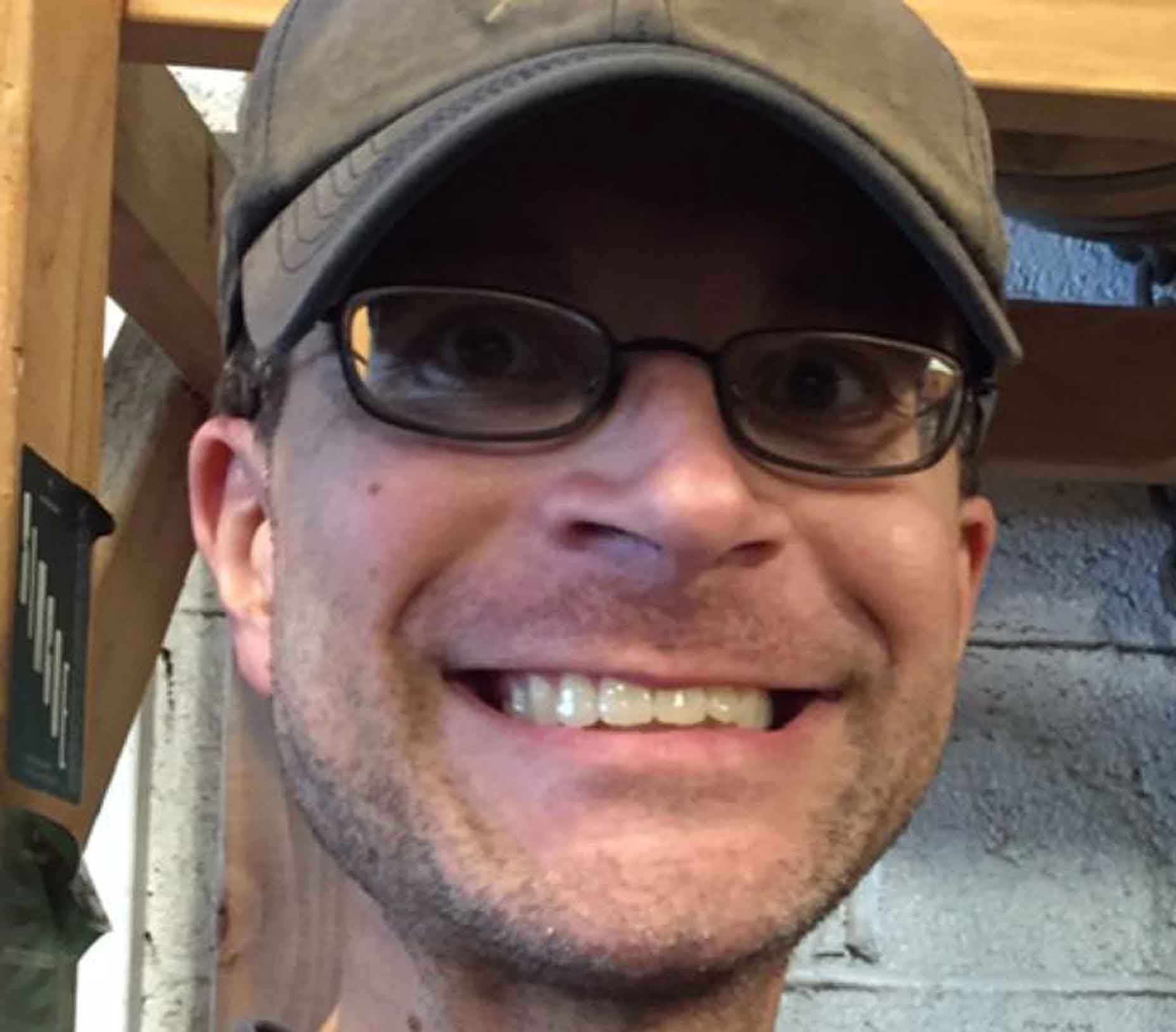
Nick Piastowski
Golf.com Editor
Nick Piastowski is a Senior Editor at Golf.com and Golf Magazine. In his role, he is responsible for editing, writing and developing stories across the golf space. And when he’s not writing about ways to hit the golf ball farther and straighter, the Milwaukee native is probably playing the game, hitting the ball left, right and short, and drinking a cold beer to wash away his score. You can reach out to him about any of these topics — his stories, his game or his beers — at nick.piastowski@golf.com.


